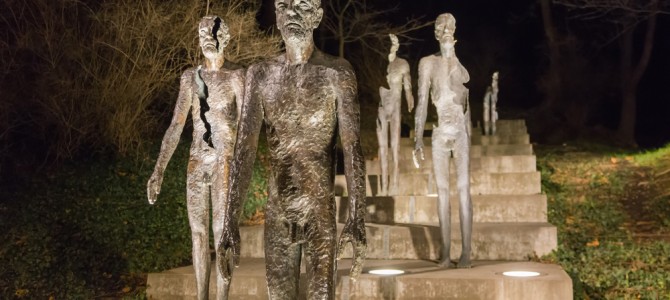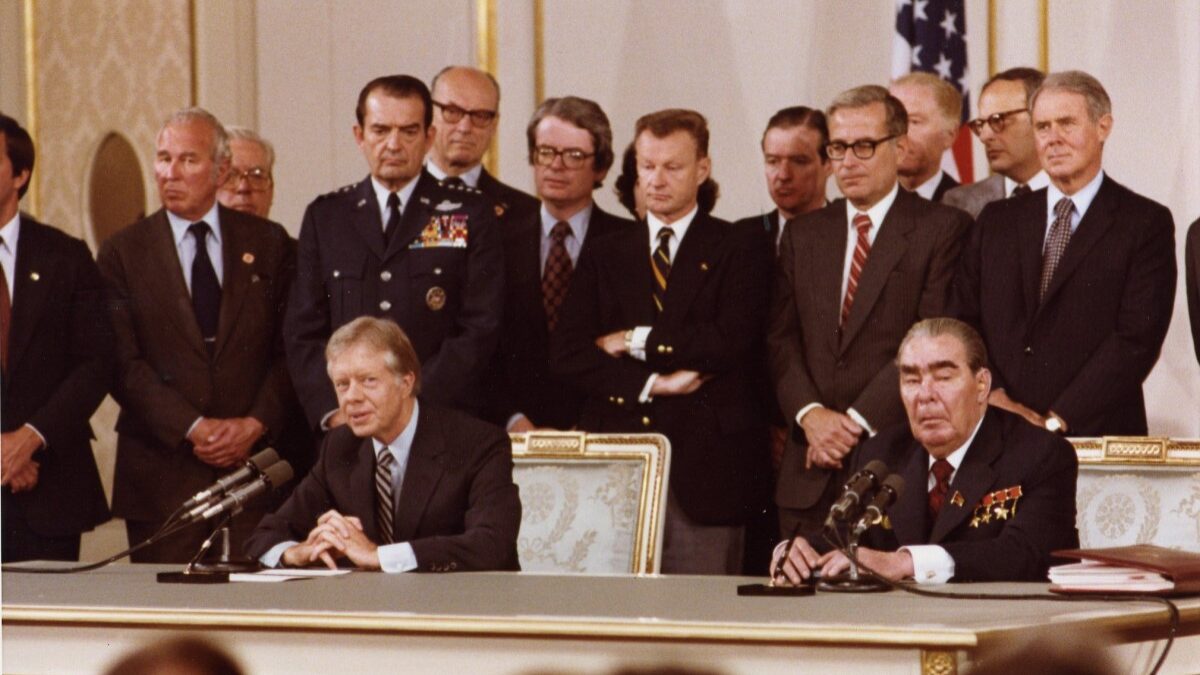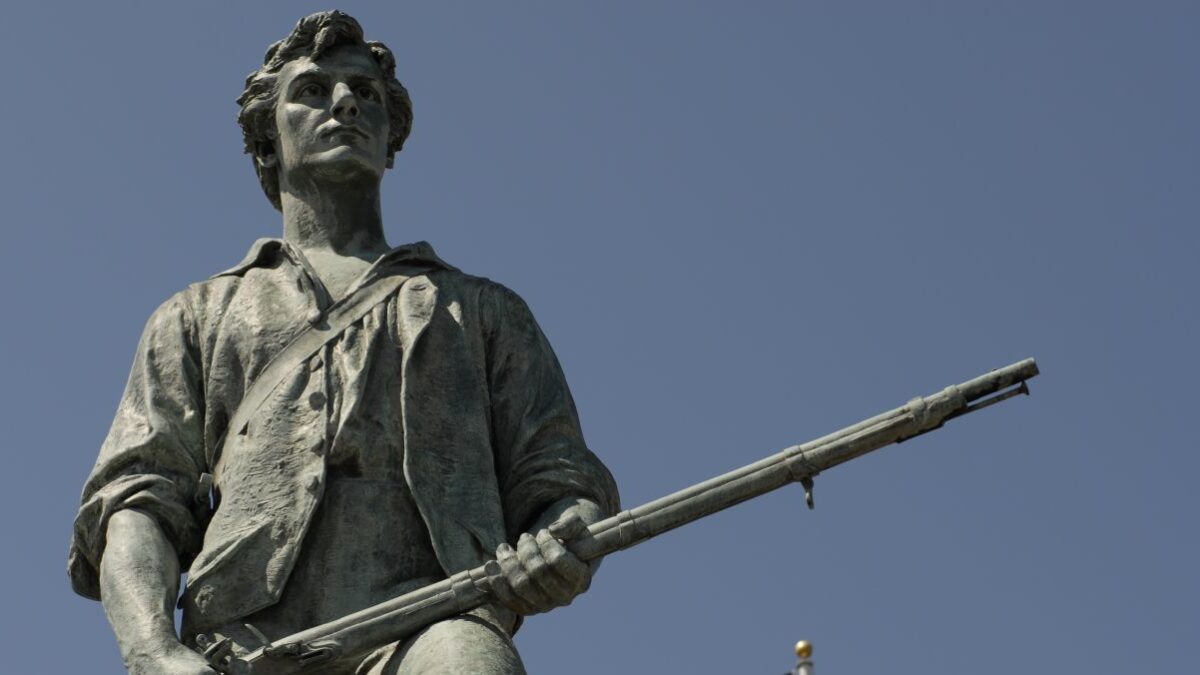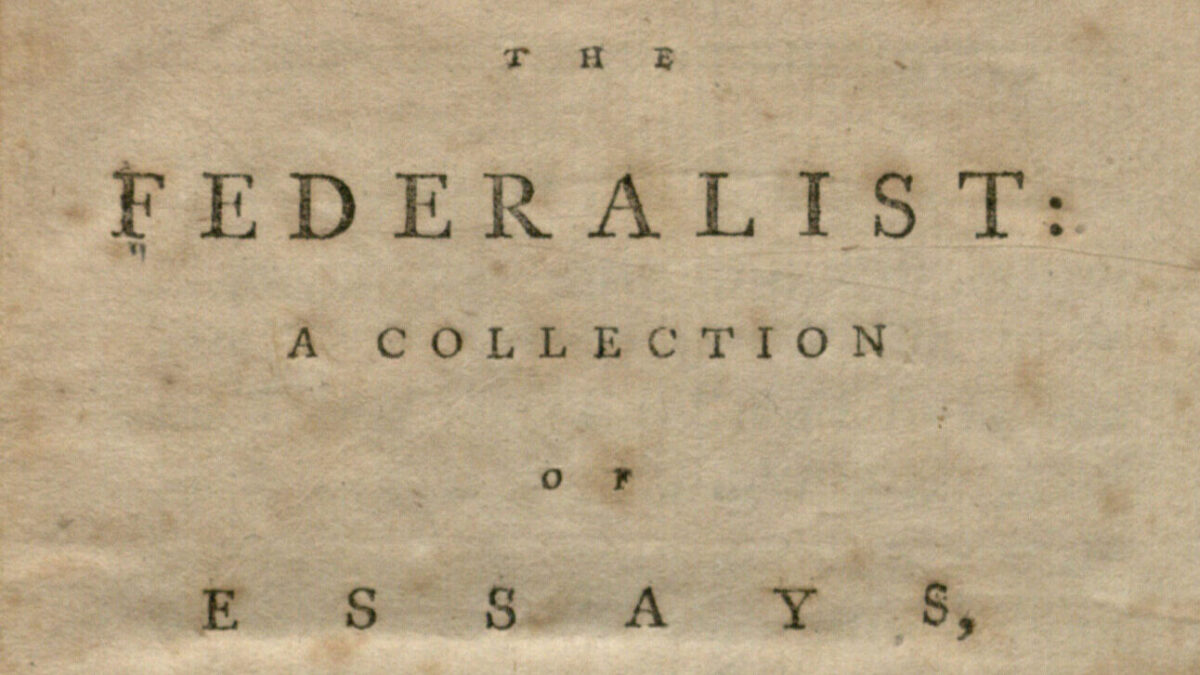
When you think of a recent example of wartime oppression, typically the Holocaust comes to mind. How could it not? The atrocious death toll, the inhumane death camps and the victorious end to World War II are still prevalent subjects in books, film, and on college campuses.
But what about Soviet Communism? Some estimate that under Joseph Stalin’s regime, 20 million people were murdered. Even more mind-boggling: Technology gurus had been making telephone calls from mobile phones for ten years when Soviet Communists were still forcing millions of people to work in slave labor camps under unimaginably brutal conditions by the time our Allies forced that regime to end.
What of those communism touched? The Victims of Communism Memorial Foundation preserves the stories of those who’ve lived under communist regimes, now in the form of several short online videos—and they are as horrifying as they are hopeful.
What Life Is Like in Communist Countries
Founded in 1994, the foundation’s mission is simple but powerful: To educate this and future generations about the ideology, history, and legacy of communism. Through its Truman-Reagan Medal of Freedom, over the years the foundation has honored dissidents against communism, including recipients such as Pope John Paul II. Two years after President George W. Bush dedicated a memorial to remembering the victims of communism, the foundation launched several exhibits online. These showcase various expert-authored essays on communism, maps, timelines, and, most recently, a 3D interactive Gulag, demonstrating what life might have been like in a camp.
The Foundation estimates there are 100,000,000 victims of communism, but until now, it was nearly impossible to convey their experience in one place, save for a few books and documentaries here and there, and especially in brief, simple, layman’s terms. Many high-school textbooks are leaving out or rearranging big chunks of communist history. The Foundation’s Witness Project fills those gaps entirely, and in a way that’s as appealing to older generations as it is to younger.
The Witness Project is a collection of online videos that marry history textbook and novel, war movie and documentary. The roughly five-minute videos tell one person’s specific experience dealing with communism. Men and women, wealthy and poor, they hail from Hungary, China, Vietnam, and Ukraine, among others. Their stories are as unbelievable as they are fascinating, as chilling as they are powerful. Their goal is as obvious as the truth in the stories they tell: People must understand the horrors of communism to avoid repeating them.
Survivors of Communism Tell Their Stories
One woman’s story is particularly brutal. Jinhye Jo was born in North Korea. With no food to feed his starving family, her father attempted to escape to China. North Korean officials caught and killed him, then lied to her family about how he died. Later, her mother was nearly beat to death for speaking poorly of the North Korean government. The video concludes with Jo’s sad words: “I want to say to the American people. Don’t think the North Korean government is like you or I…They are like the devil.”
The project’s first video is about the life of Daniel Magay. He gives us a brief but compelling glimpse into what life was like when shaped by communism in Hungary. Magay grew up in a wealthy family, the son of a landowner. But then Russia occupied the country and, he says, “Everything turned upside down.”
Magay describes the regime this way: “Under the communist system, they started developing the Hungarian KGB. The people who were willing to compromise themselves became a part of the system. My father did not compromise himself.” His father paid a price for this courage. His family was forced from their home and “friends” of the government watched him night and day. Magay won a gold medal for fencing in the 1956 Olympics in Australia, and decided not to return home, but to seek refuge in the United States. Still, the scars of communism remain. “I hated the system. I felt it took my soul.”
Short but powerful history lessons at the touch of a fingertip: what better way to educate the next generation about a political system that destroyed so many people? Hope, it seems, appears in many different ways.









